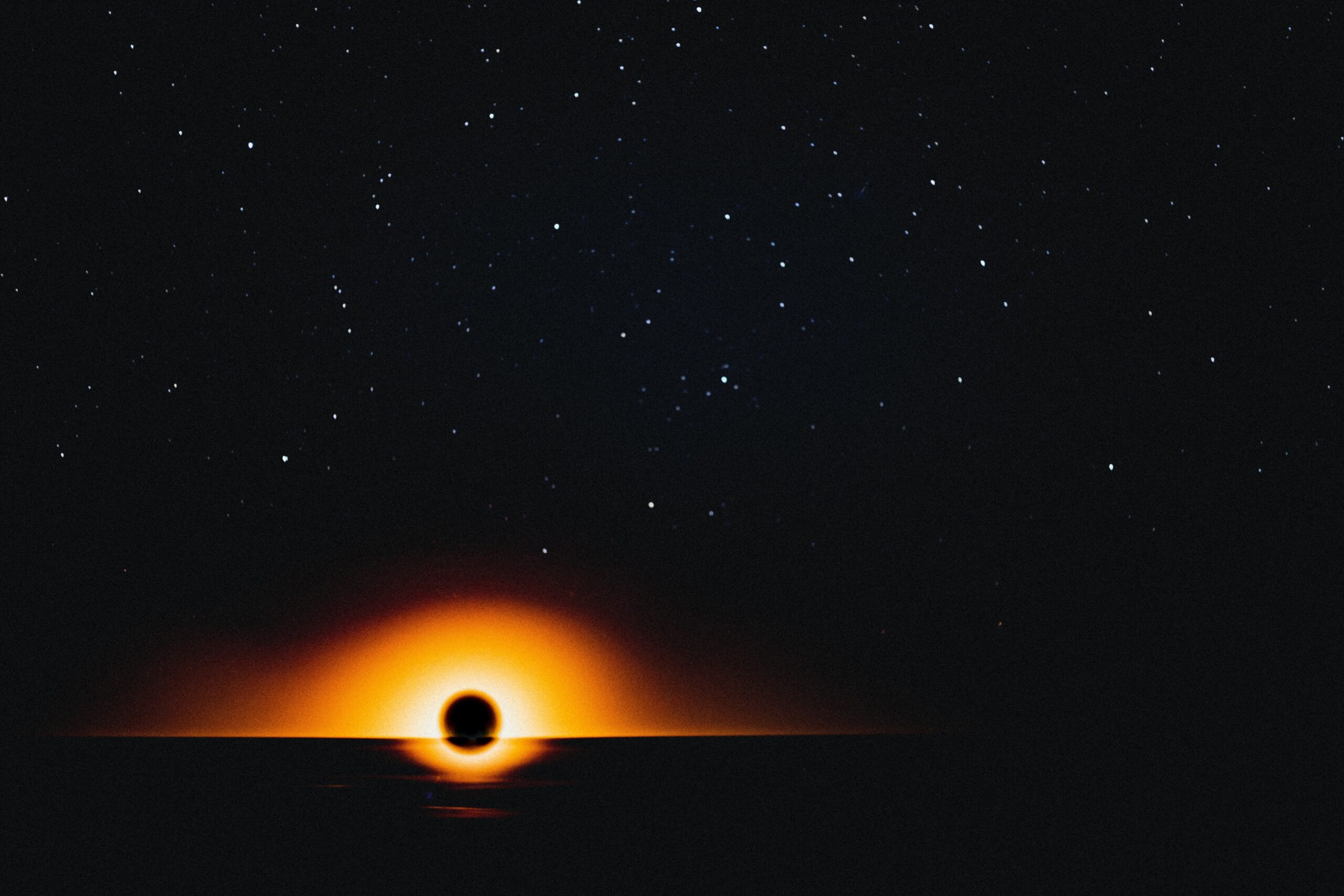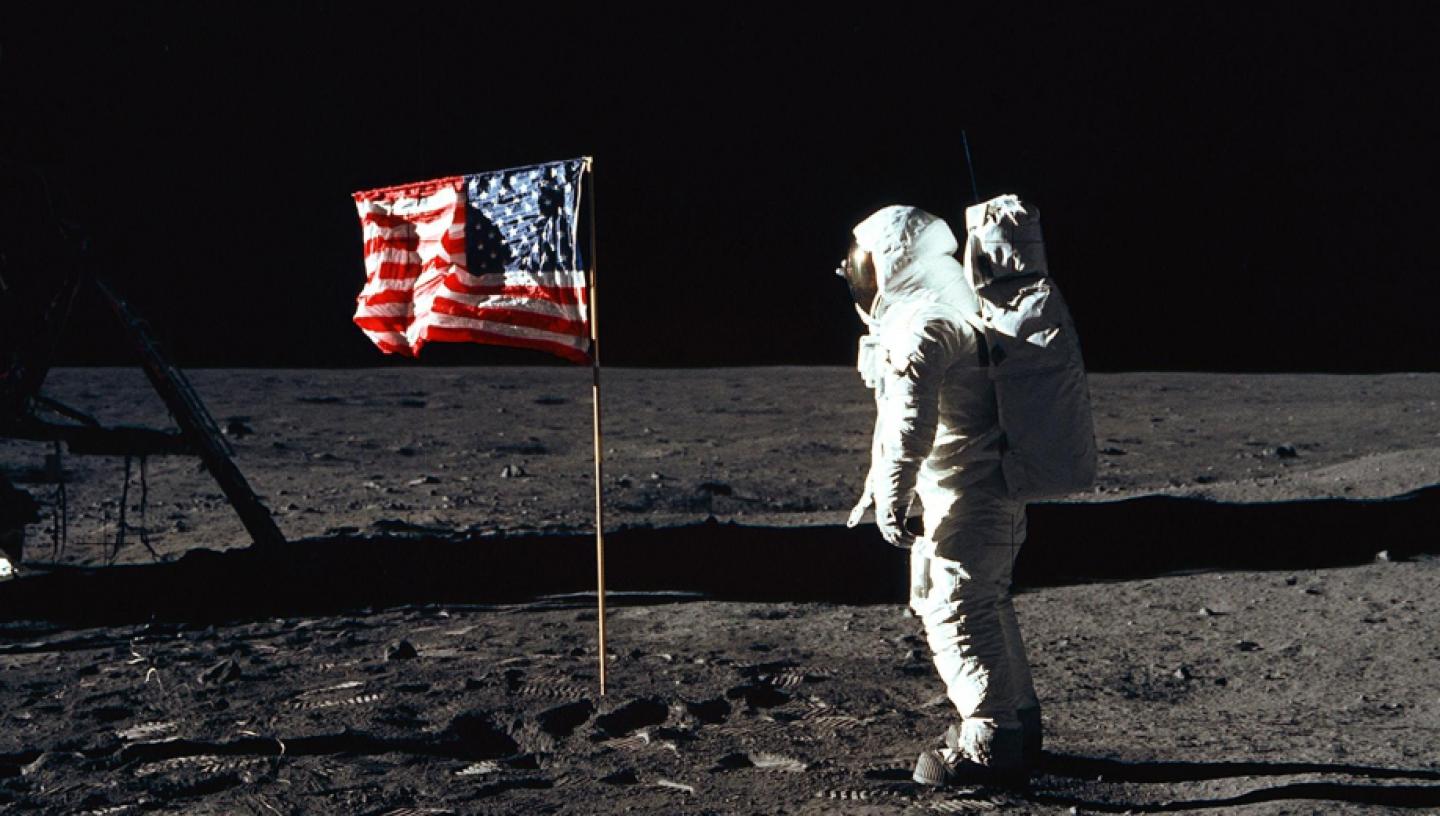The Big Bang theory has long been the leading explanation for the origin of the universe. However, scientists continue to explore alternative theories that offer different perspectives on how our cosmos came into existence. In this article, we delve into some of the prominent alternative ideas that scientists have considered, shedding light on the diverse range of theories that exist in cosmology.
Steady State Theory:
One notable alternative to the Big Bang theory is the Steady State theory. Proposed in the 1940s by Hermann Bondi, Thomas Gold, and Fred Hoyle, this theory posits that the universe has no beginning or end. Instead, it suggests that new matter is continuously created to maintain a constant density as the universe expands. While the Steady State theory was widely debated and has fallen out of favor, it played a significant role in shaping the discourse around cosmology.
Cyclic Models:
Cyclic models propose that the universe undergoes an eternal cycle of expansion and contraction, with each cycle marked by a “Big Bang” followed by a “Big Crunch.” The idea is that the universe is not a one-time event but a repeating process. These models challenge the concept of a single origin point for the universe and offer an intriguing alternative narrative.
Ekpyrotic/Colliding Brane Theory:
The Ekpyrotic or Colliding Brane theory suggests that our universe is a four-dimensional “brane” floating in a higher-dimensional space. According to this theory, collisions between branes in the higher-dimensional space can trigger Big Bang-like events. This perspective offers a different take on cosmic creation, driven by interactions in a multidimensional realm.
Quantum Cosmology and Multiverse Theories:
Quantum cosmology explores the possibility that the universe arose from quantum fluctuations, rather than a singular explosive event. Some theories propose the existence of a multiverse, where our universe is just one of many existing in parallel. This opens the door to a multitude of cosmic narratives beyond the traditional Big Bang framework.
Conclusion:
While the Big Bang theory has held the spotlight as the prevailing explanation for the origin of the universe, it’s essential to acknowledge the richness of alternative ideas that scientists have put forth. These alternative theories challenge our understanding of cosmic origins and inspire us to continue exploring the mysteries of the cosmos. As our knowledge evolves, these theories contribute to the dynamic field of cosmology, reminding us that the quest to unravel the universe’s secrets is an ongoing and exciting journey.



